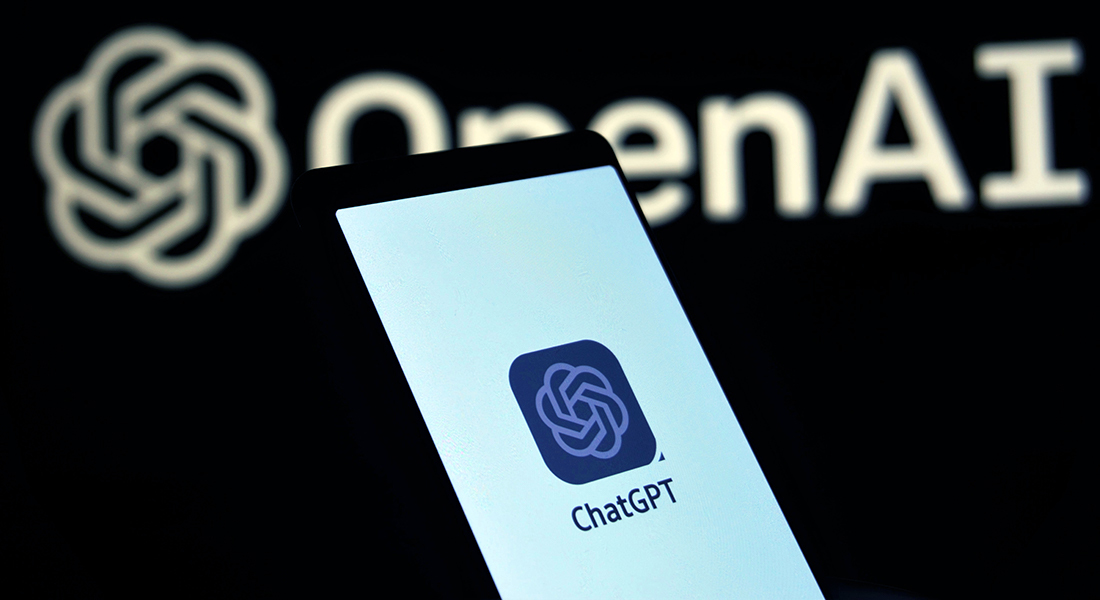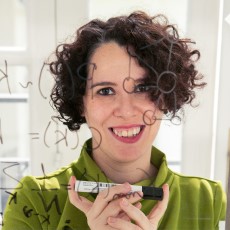New EU-funded project will explore how AI shapes scientific knowledge
A new project funded by the European Research Council aims to understand the impact of artificial intelligence on the production and diffusion of scientific knowledge. Will AI change the way scientists write, communicate and perceive science? What are the benefits and challenges?

Within a few years, artificial intelligence (AI) has become established in scientific research and writing.
But how will AI-influenced or generated science transform scientific knowledge in the future, not only in terms of scientific knowledge, but also in the way scientists communicate, perceive and disseminate science? These questions are at the heart of a major EU-funded project that aims to lay the foundations for the quantitative study of ‘AI-infused science’.
Supported by a €2 million Consolidator Grant from the European Research Council (ERC), project leader Professor Roberta Sinatra and her future project team will investigate the growing influence of AI on science by combining computational social science methods with controlled experiments.
The project, entitled 'Quantifying AI-infused Science', will be based at the Copenhagen Centre for Social Data Science (SODAS), where it will complement another new SODAS project on AI. But while the latter measures how AI is spreading among scientists, the new and larger project focuses on how AI is transforming and shaping scientific knowledge as such:
"We will investigate how papers and other scientific publications produced by AI differ from human scientific writing. What are the patterns and biases between AI and human output? And to what extent does the use of AI in science create new challenges or, in some cases, improvements," says Roberta Sinatra.
How well does AI do science?
The project will investigate these questions using a variety of methodological approaches.

Photo: Damjan Aleksiev
A cornerstone will be to train AI to write thousands of literature reviews and scientific paper abstracts by feeding AI models with topics and keywords found in existing scientific papers written by humans and published between 2021 and 2022. They are therefore neither 'polluted' by AI-generated text nor yet been fed into the AI models. The human-written papers will then be compared with their AI-generated counterparts.
This approach will allow researchers to assess how AI models process a wide range of current scientific topics and questions compared to humans. It will also provide insight into how AI deals with the social aspects of scientific writing.
According to Roberta Sinatra, social factors play an important role when researchers decide what kind of existing knowledge to acknowledge and include in their scientific production:
"One example is recency. Pilot studies suggest that humans give more weight to recent studies than AI models, which tend to 'flatten' the importance of old and new knowledge, which is problematic. On the other hand, AI can broaden the scientific perspective in other ways. The project will provide a more accurate picture of such differences, which may include disparities or biases related to gender, language and other factors," she says.
A window of opportunity
Using advanced computational methods, the project will even attempt to measure such systemic biases by developing new metrics in this area.
In addition, several controlled experiments will investigate human perception of artificial intelligence. One idea is to test how well conference abstracts written by AI perform in peer reviews. Another will be to present experts with two similar abstracts - one written by AI, one by a human - and see if they can tell which is which.
"Development is moving so fast at the moment. But right now, we have a window of opportunity where we can compare the knowledge produced by humans with the work of AI. Ultimately, the aim of the project is to give us all a much clearer picture of the new and unexpected consequences of AI-infused science".
Contact
Professor Roberta Sinatra (own homepage)
Copenhagen Center for Social Data Science (SODAS), KU, og Datalogisk Institut, IT-Universitetet i København
Email: robertasinatra@sodas.ku.dk
Mobile: +45 50 30 14 30
Søren Bang
Journalist
Det Samfundsvidenskabelige Fakultet
Email: sba@samf.ku.dk
Mobile: +45 29 21 09 73
